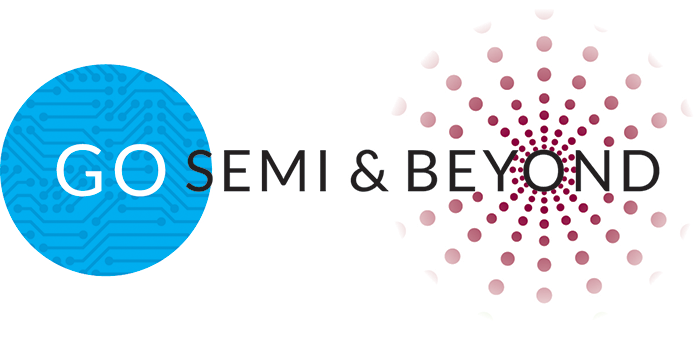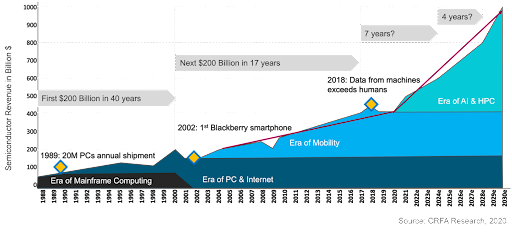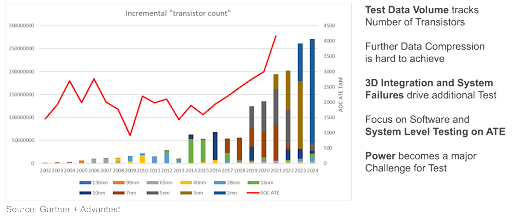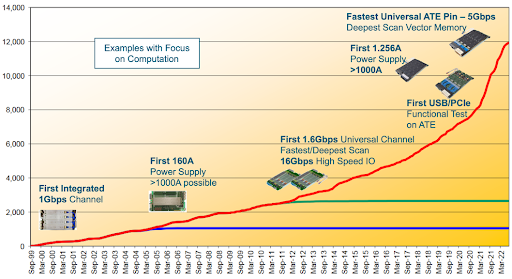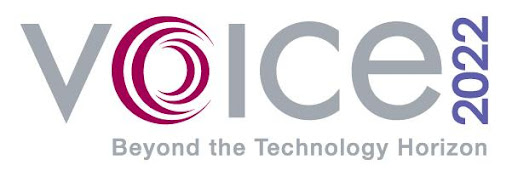Interview with Linda Haenel, VOICE 2024 Chairperson
By GO SEMI & Beyond Staff
Advantest’s VOICE 2024 Developer Conference will take place June 3-5 at the Hilton La Jolla Torrey Pines in San Diego, California. To learn what VOICE 2024 holds in store for attendees, we interviewed this year’s general chairperson, Linda Haenel, application consultant, Performance Digital Center of Expertise, Advantest Europe.
Q. With VOICE 2024 taking place in San Diego, how will this year’s location impact the event?
A. San Diego holds great importance for our industry. We anticipate large attendance at this year’s event due to the significant local presence of major semiconductor companies such as Qualcomm, NXP, and Infineon, as well as the location’s relative proximity to Silicon Valley. Also, with the Semiconductor Wafer Test Conference also being held June 3-5 at the Omni La Costa in Carlsbad, we will likely experience some cross-traffic between SWTest and VOICE. We are thrilled to be hosting VOICE at a location that is both accessible and beautiful, with this year’s venue nestled alongside the California coast, offering breathtaking views of the Pacific Ocean.
Q. As the VOICE 2024 chair, what would you hope to see, or what would you hope attendees will gain?
A. As they do every year, the members of the VOICE committee work hard to offer a memorable event where industry experts come together to share information, learn, collaborate, and network. I want each attendee to come home with something – a new thought, idea, or contact that will inspire them. We’ve built VOICE to be a platform that fosters the exchange of great ideas, leading to the innovations that propel our industry forward, “beyond the technology horizon.” We’ve adopted this theme once again because it is so descriptive – VOICE has always strived to deliver a glimpse beyond that horizon, through test experts’ papers, panels and kiosk presentations, to future advancements.
Q. This year marks Advantest’s 70th anniversary. What does this milestone mean to VOICE?
A. In many ways, VOICE is emblematic of the relationships Advantest has developed over the past 70 years that have led us to where we are today. Many of the companies participating have worked with Advantest for decades, developing creative products and innovations that pioneered new standards for our industry. We are incredibly grateful to celebrate this milestone with them, and we’re excited to think about what the future, and our 100th anniversary, will bring as we continue to work closely together.
Q. What are some of the hot trends and topics for 2024?
A. Our committee accepted more than 100 technical papers this year – a new VOICE record. These papers are distributed over nine technical tracks, and we expect Test Methodologies, High-Performance Digital, and 5G/Millimeter Wave to be featured significantly during the technical sessions.
We are excited to introduce a new Artificial Intelligence (AI) track for VOICE 2024. This track will examine how engineers can benefit from utilizing AI applications in semiconductor production test for data analysis. Papers will also explore how our industry can utilize AI applications in test engineering to streamline test program development.
There will also be presentations showcasing Advantest’s new Pin Scale Multilevel Serial for the V93000 EXA Scale platform. Released last year, this new product is both the first native and fully integrated HSIO instrument that expands the EXA Scale platform to address signaling requirements for advanced communication interfaces. The card’s multi-level capability enables new signaling schemes emerging in HPC/AI and consumer markets, supporting NRZ and PAM4.
Q. What highlights of this year’s event do you recommend attendees not miss?
A. As always, there is much to look forward to. The conference will begin with a welcome reception on Monday evening that will offer a valuable opportunity to network with representatives from leading semiconductor companies. Concurrent with the reception, we will host the Technology Kiosk Showcase, which will include inspiring displays of the latest innovations that leverage Advantest’s broad product portfolio.
Tuesday and Wednesday will feature engaging keynotes from semiconductor market analysts and leading professionals. The Partners’ Expo is also open throughout Tuesday and Wednesday, allowing attendees to engage with our technology partners to discuss their latest products and solutions.
I am especially excited for Tuesday’s evening event that will take us to the Birch Aquarium, where attendees will enjoy a lovely evening dinner alongside exhibits featuring tropical fish, Leopard Sharks, giant kelp forests, and Little Blue Penguins. The Birch Aquarium is associated with the University of California San Diego’s Scripps Institution of Oceanography and, much like Advantest, maintains a strong commitment to sustainability and local conservation efforts. We look forward to learning more about how we can preserve our oceans and the unique wildlife that lives beneath the surface.
We will close VOICE 2024 on Wednesday afternoon with an award ceremony celebrating the best papers and honorable mentions. We will also give out the Visionary Award, presented annually to a customer who has made significant, sustained contributions to VOICE over a long period.
Q. Who will be joining us for this year’s highly anticipated keynote addresses?
A. I am pleased to announce that VOICE 2024 will feature three dynamic keynote speakers.
Our first speaker, on Tuesday, will be Craig Nishizaki, vice president of the Test Solutions Group at NVIDIA, which is responsible for providing manufacturing hardware and software test solutions for all NVIDIA’s products, from chips to boards to servers.
Our second Tuesday keynote will be delivered by Marcelo Ackermann, professor, XUV Optics Group at the University of Twente (Netherlands), and chair of the Industry Focus Group – X-ray and EUV (XUV) optics at the university’s MESA+ institute. As a professor, he focuses on the development of next-generation reflective, refractive and transparent X-ray and EUV optics in collaboration with industry partners like Zeiss, ASML, and Malvern Panalytical.
Wednesday’s keynote will be presented by Andrea Lati, director of market research at TechInsights. For more than two decades, Andrea has managed and developed forecasting models as well as performed market analysis and research on electronics, semiconductor, and equipment markets for TechInsights.
As a final note, we would like to thank our VOICE 2024 sponsors for making this year’s event possible—in particular, our headline sponsors, ISE Labs, ASE Group and Alliance ATE Consulting Group. The full list of sponsors can be found here.
To learn more about keynotes, papers, and other details related to VOICE 2024, be sure to keep checking the VOICE website. And don’t forget to register here to reserve your spot!
Read More